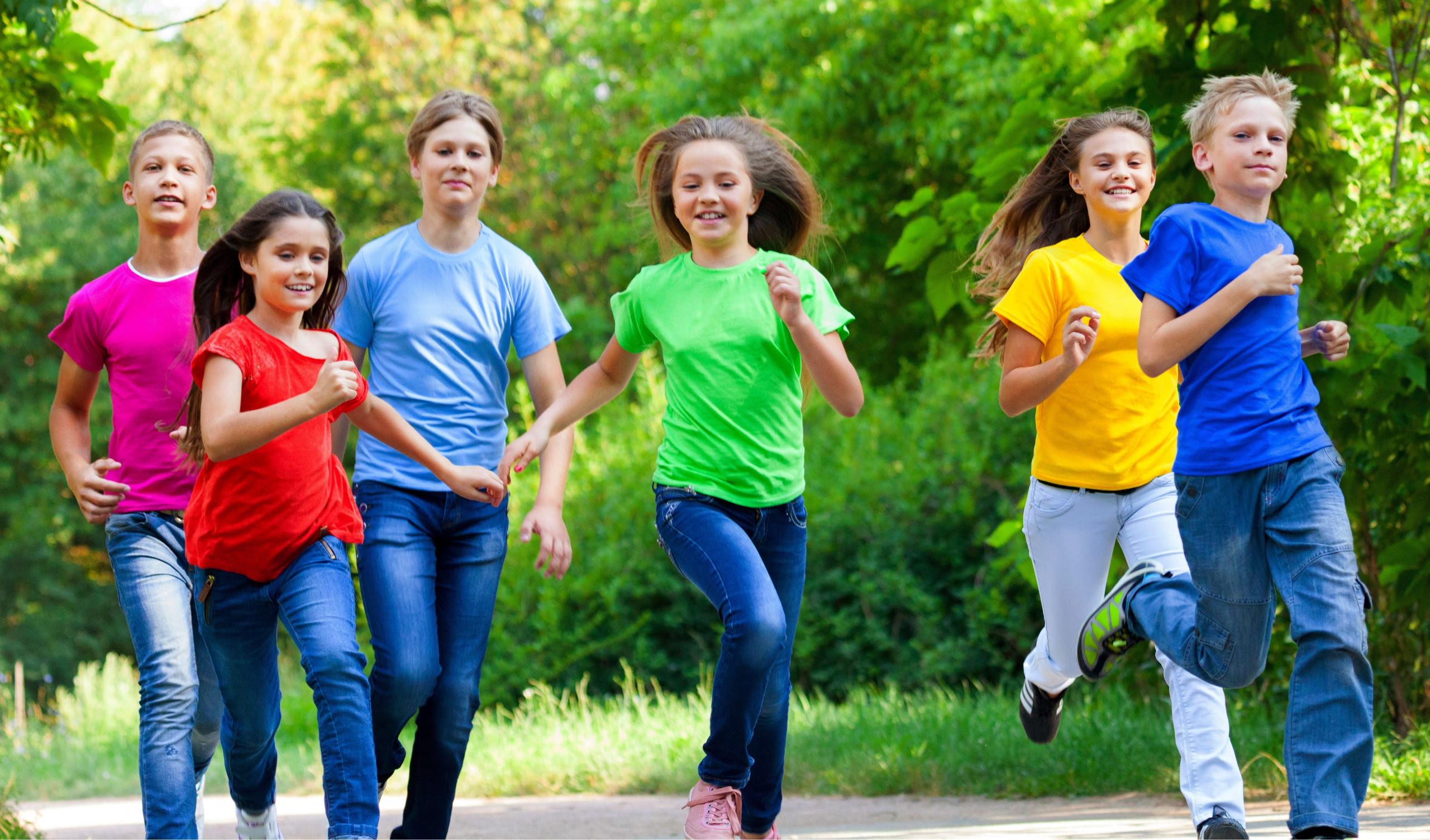You may have experienced the cognitive benefits of exercise yourself. After exercise, you may have felt more focused, positive, and productive. Kids can experience those same benefits, and some research shows even greater cognitive boosters, following exercise.
Following aerobic exercise, research has shown that kids are less impulsive and have greater concentration. It’s clear that these skills both in the short-term and over time will help kids to perform better in the classroom.
The Center for Disease Control (CDC) recommends that kids get at least 1 hour of physical activity every day. Weekly exercise should include a combination of aerobic, muscle strengthening, and bone strengthening exercise. Aerobic exercise should make up most of the exercise. Aerobic exercise includes moderate-intensity exercise like brisk walking or cycling and vigorous-intensity exercise like running or swimming laps. At least 3 days a week include muscle and bone strengthening exercise such as sit-ups and jumping rope, respectively.
Research has shown that exercise changes the brain physically. It stimulates the growth of brain cells and the creation of new neurons. In addition to improving cognitive tasks like spatial learning and executive function (which helps with strategy), exercise has been shown to improve mood.
What does all this mean for your child? Short breaks for physical activity may boost energy, focus, and cognitive abilities. In the long term, being physically active can mean greater concentration, impulse control, and academic achievement for you child.
Consider using the summer downtime to encourage kids to get extra exercise. Building good exercise habits over the summer can extend into the school year where they can become part of the everyday routine.

